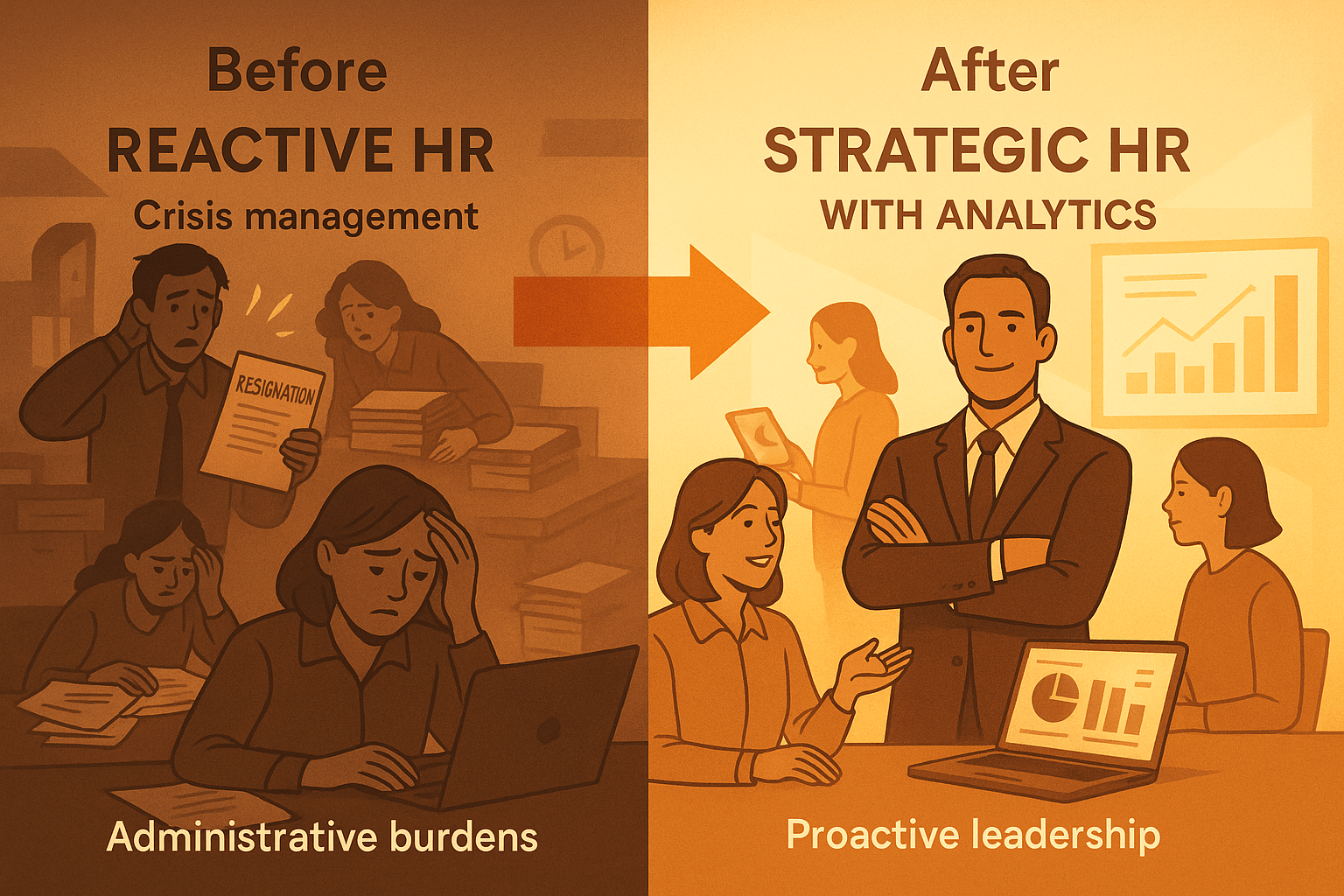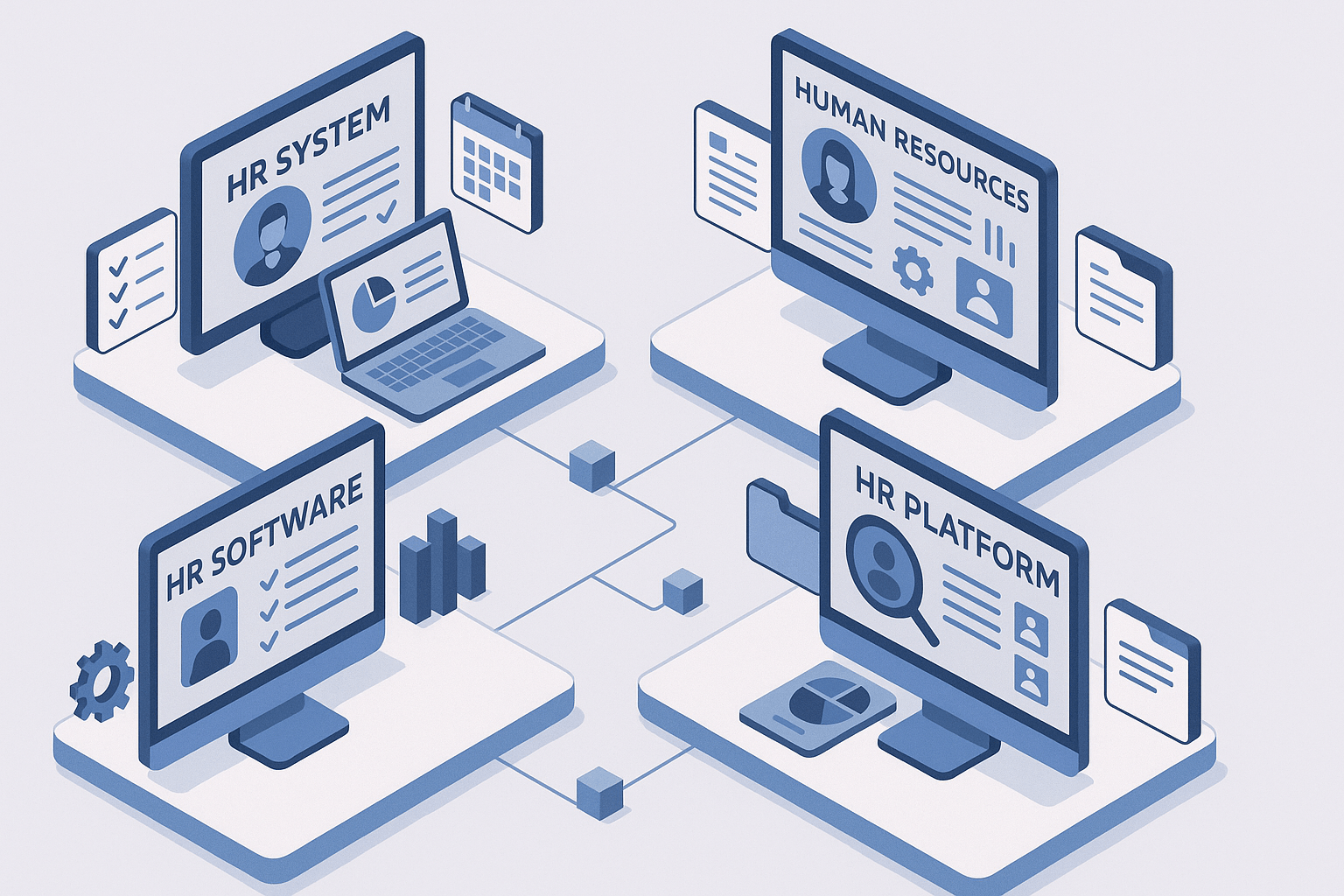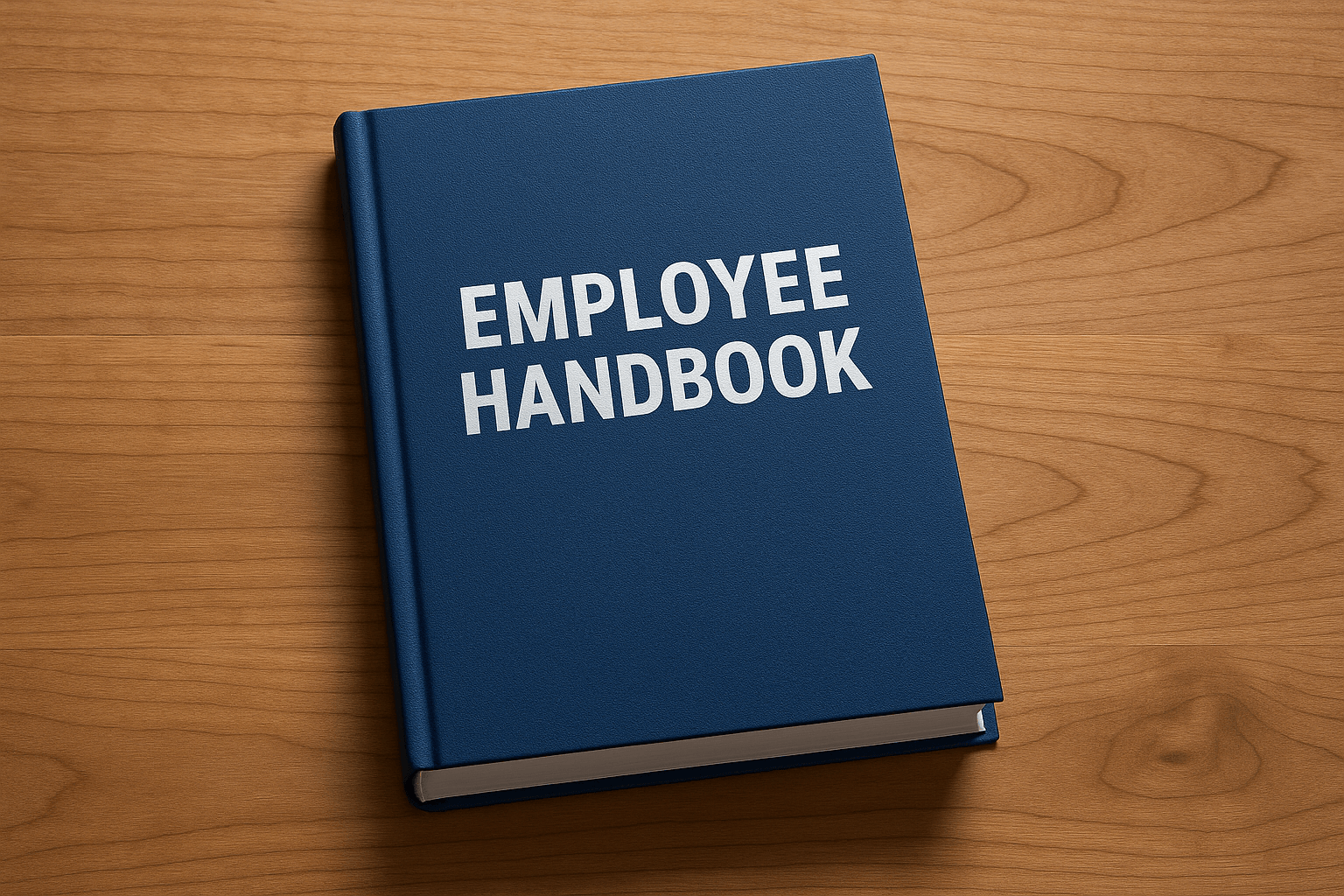What is COBRA Administration, and What Do Employers Need to Know?
June 6th, 2024
4 min read
By Jason Noble

Navigating employee benefits can be daunting, especially when it comes to understanding the expanding state and federal laws. If you're an employer, you know managing healthcare benefits is critical yet complex, particularly when employees face life-changing events that alter their coverage needs. We get it – staying compliant with federal laws while ensuring your employees feel secure in their benefits can be a balancing act. In this article, we are honing in on COBRA (Consolidated Omnibus Budget Reconciliation Act) and what employers need to know.
With over 55 years of Human Capital Management expertise, the Lift HCM team has mastered the complexities of employee benefits administration. We are passionate about sharing our knowledge and are here to empower you as an employer navigating COBRA. Let's eliminate the confusion and help you handle it like a seasoned pro!
COBRA applies to group health plans sponsored by employers with 20 or more employees on more than 50% of its typical business days in the previous calendar year. Both full- and part-time employees are counted to determine whether a plan is subject to COBRA.
Table of Contents
- What is Cobra?
- Do I Need to Offer it To My Employees?
- Are There Exceptions?
- 5 Key Responsibilities of the Employer Under COBRA
What is Cobra?
COBRA (Consolidated Omnibus Budget Reconciliation Act) is a federal law that allows employees to continue their employer-provided health insurance coverage for a certain period after experiencing a qualifying event that would otherwise result in loss of coverage. This federal law, enacted in 1985, mandates that employers with 20 or more employees offer continuation coverage to eligible individuals and their dependents when certain qualifying events occur.
These events include termination of employment (other than for gross misconduct) or reduced hours, resulting in loss of health insurance coverage. For dependents, qualifying events include the covered employee's death, divorce or legal separation from the covered employee, loss of dependent status, or the covered employee becoming eligible for Medicare. COBRA ensures that employees and their families can temporarily maintain their health insurance benefits during these transitions, empowering you as an employer to provide for your employees even during challenging times.
Do I Need to Offer it To My Employees?
If you’re an employer with a group health plan with 20 or more employees working more than 50% of your typical business days in the previous calendar year, you must offer COBRA coverage. Both full and part-time employees are included in your count. If you're an employer who sponsors a group health insurance plan, and you had 20 or more employees working for you for more than half the typical working days in the previous year, you are legally required to offer COBRA coverage. This means that if an employee loses their job or experiences a reduction in their working hours, you have to give them the option to continue their health insurance coverage through your plan for a certain period of time, usually 18 or 36 months. This applies to both full-time and part-time employees.
Are There Exceptions?
Yes, there are exceptions to offering COBRA benefits. Employees who were not eligible for the group health plan before their employment ended or those who opted out of enrolling in the plan when given the opportunity may not be required to be offered COBRA. This could include employees still waiting for coverage or those who declined participation due to having alternative insurance options available.
5 Key Responsibilities of the Employer Under COBRA
Under the Consolidated Omnibus Budget Reconciliation Act (COBRA), employers are legally obligated to uphold specific responsibilities when administering COBRA benefits. These responsibilities protect eligible individuals' rights and ensure compliance with federal regulations. Failure to provide timely and accurate COBRA notifications to eligible individuals can result in potential legal liabilities and penalties.
Notification of COBRA Rights
Employers must promptly notify eligible individuals or their beneficiaries of their COBRA rights within a specified timeframe, usually 30 to 60 days, following a qualifying event such as termination of employment, reduction in work hours, or divorce.
Provision of Detailed Information
Employers must provide detailed and easily understandable information about the available health plan options, including plan descriptions, coverage details, premium costs, and election deadlines. This information must be provided in a manner that allows individuals to make informed decisions about their COBRA coverage.
Offering Continuation Coverage
Employers must offer continuation coverage under the same group health plan available to the individual before the qualifying event. The coverage must mirror active employees' benefits, limitations, and exclusions.
Collection and Remittance of COBRA Premiums
Employers are responsible for collecting COBRA premiums from beneficiaries and promptly remitting them to the health plan administrator. Premium payments must be processed and remitted according to the plan's terms and federal regulations.
Maintenance of Accurate Records
Employers must maintain accurate COBRA notifications, elections, and premium payment records. These records should be kept for at least six years and accessible in case of audits or inquiries by relevant authorities or beneficiaries.
By fulfilling these responsibilities, employers not only meet their legal obligations but also play a crucial role in ensuring that eligible individuals are aware of their rights under COBRA, have access to continued health coverage, and can make informed decisions about their healthcare. Non-compliance with COBRA regulations can lead to significant legal and financial consequences. However, it's important to remember that compliance is not just about avoiding these consequences. It's about protecting the rights of individuals and contributing to a healthier workforce.
Are You Ready to Take Charge of COBRA for Your Company?
Take charge of COBRA with these key steps:
1. Issue notifications timely
2. Keep detailed and thorough records
3. Decide on the best COBRA management strategy for your business (whether that's in-house or through an outsourced provider)
Successful COBRA administration goes beyond checking boxes; it's a tangible way to demonstrate your commitment to your employees' well-being, even after their employment ends.
By implementing the strategies shared here, you can confidently tackle COBRA's intricacies and remain compliant while providing crucial assistance to your employees during times of change. At Lift HCM, we equip employers with essential knowledge about complex laws such as COBRA, ensuring informed decisions that benefit both the organization and its employees.
Ready to take the stress out of COBRA administration? Partner with Lift HCM. We offer comprehensive resources and expert guidance to help you understand COBRA, maintain compliance, and support your employees through life's changes.
Jason Noble is a seasoned expert in payroll and human capital management. With a wealth of experience in streamlining payroll processes and optimizing workforce management, Jason has successfully held key roles at leading organizations. His deep understanding of industry best practices ensures that his insights are both practical and authoritative.
Topics:










.webp?width=1080&height=1080&name=HR%20blocks(1).webp)
.jpeg?width=1024&height=1024&name=happy%20employees%20working%20together%20outside%20in%20the%20fall%20time(1).jpeg)








.jpeg?width=1344&height=768&name=Employee%20Retention%20Credit%20in%20amiercan%20english%20spelled%20across%20blocks(1).jpeg)


